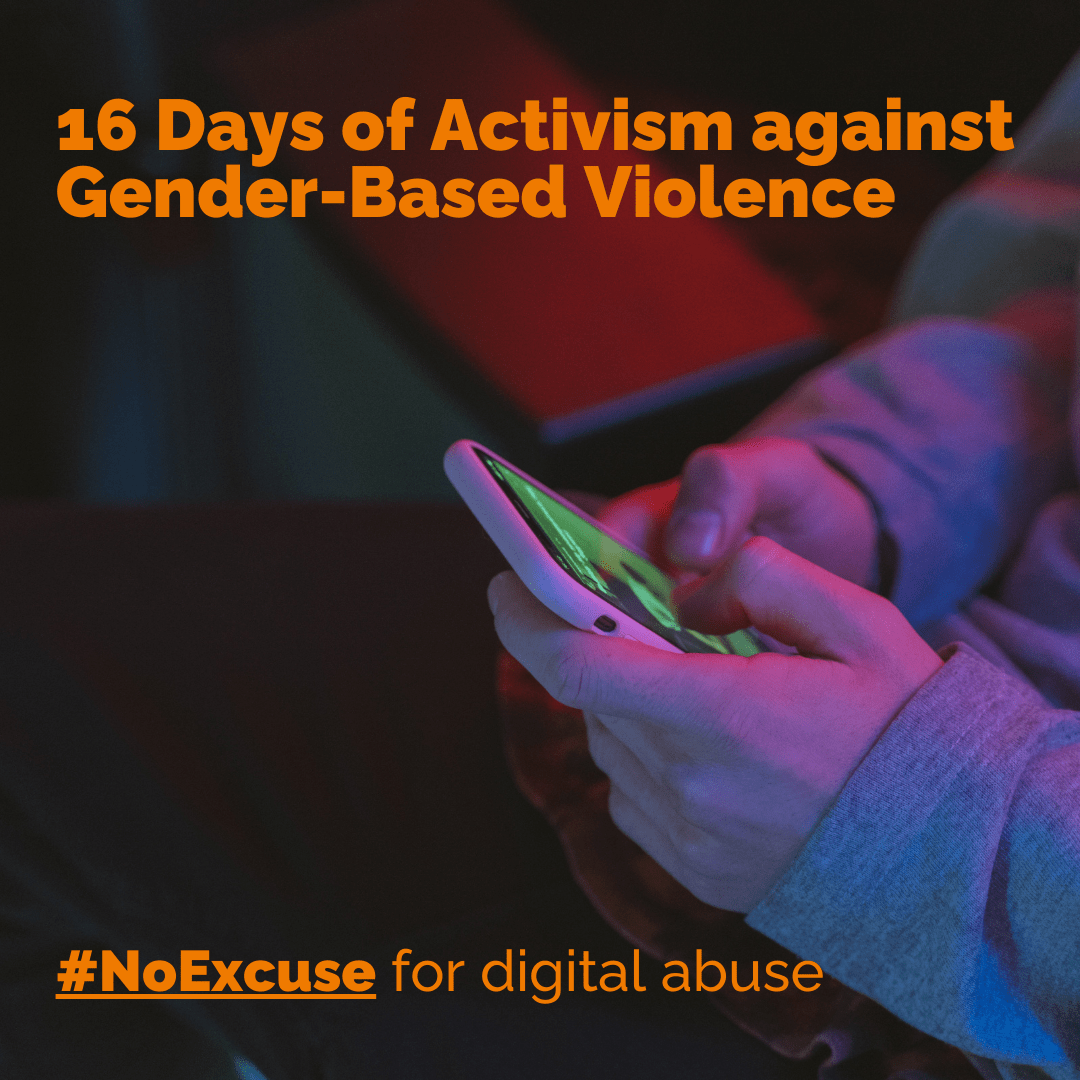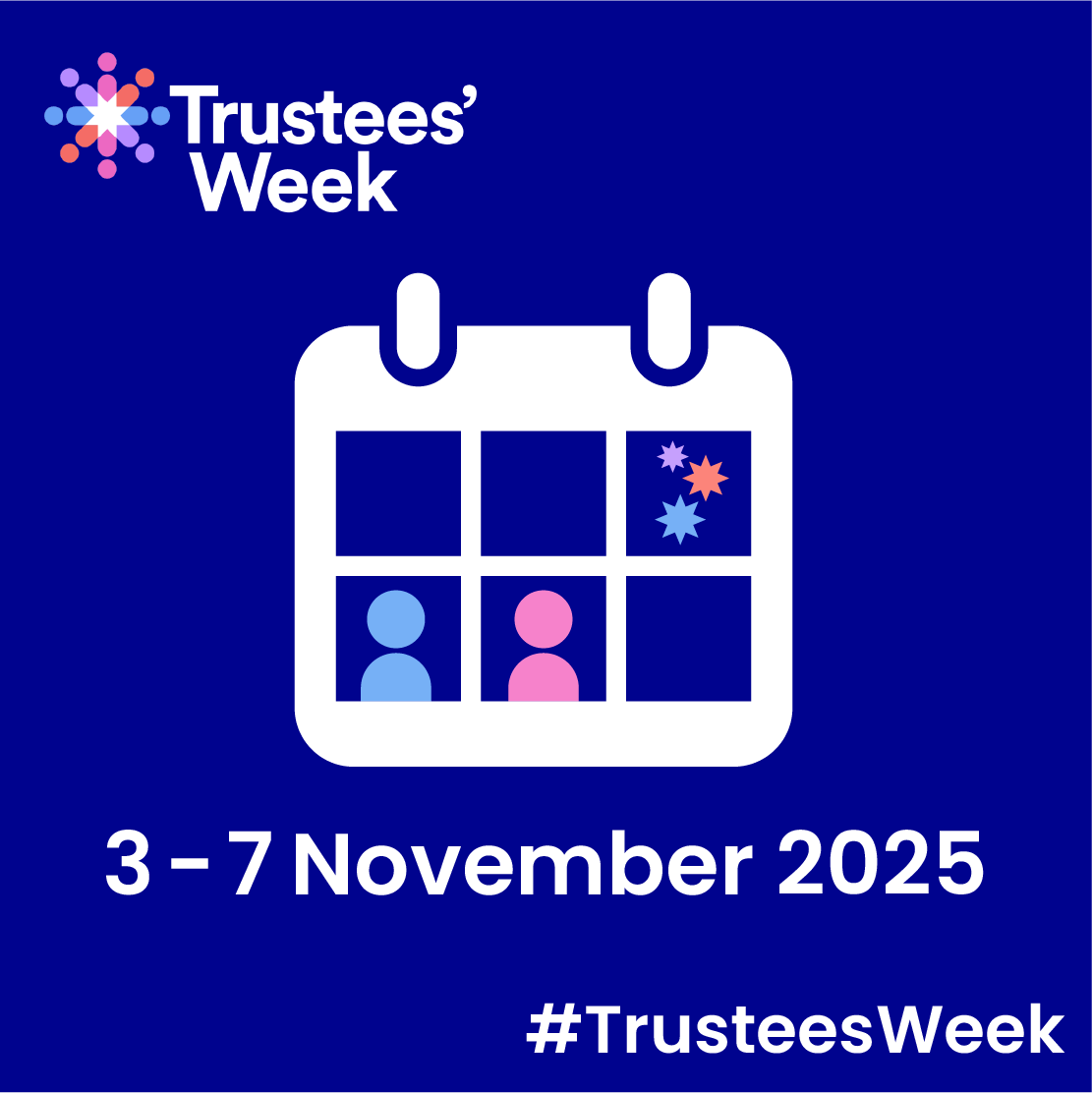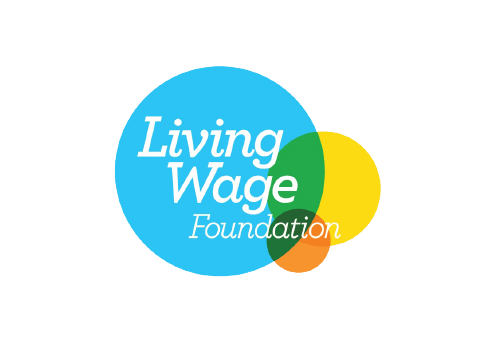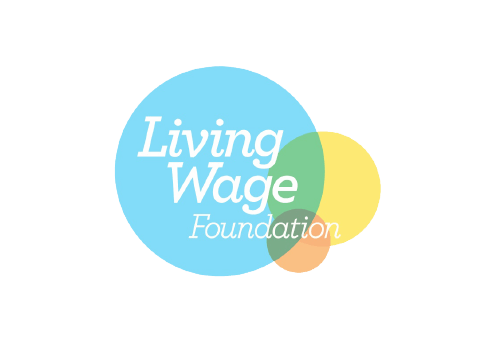England is now ‘the most difficult place to find a home in the developed world’, (The Homebuilders Federation) and ‘has the lowest percentage of vacant homes per capita’ (OECD).
These statistics – which appeared in an article by Robert Booth in the Guardian this week – come as little surprise to us at Local Solutions. We support over 600 young homeless people each year with supported accommodation, mentoring and lifeskills, equipping them to successfully move on to their own home. Finding a home to move into is getting even more difficult and then, even when a young person has ‘struck lucky’ and found ‘move-on’ accommodation, social properties come without flooring, curtains, lightshades, cooking facilities and a whole list of things essential to sustaining your own place to live.
If you’d like to help support a young person to move on from homelessness and get a decent start in a home of their own you can donate click on this link.
Of course, we welcome the renewed focus of the Labour Party this week to ‘put social and genuinely affordable housing’ and, ahead of their conference next week, the call for planning restrictions to be eased to accelerate construction. The questions we are asking is how will this support young people trying to move-on from homelessness right now? Given how long these projects take what can we do to provide more social housing for young people in the next year? We appear able to create the conditions for a never-ending stream of shiny student apartments in next to no time, so why not for other young people ‘moving-on’ in life.
A lack of government priority to date, has left a housing deficit in the UK of 4.3 million homes missing from the national housing market. They were ‘planned’ but never built. This housing deficit would take at least half a century to fill even if the Government’s current target to build 300,000 homes a year is reached.
Our ask is simple; it is vital that we prioritise young people and give them the opportunity to prosper before they are absorbed into the statistics for long term unemployed or long term homeless. An estimated 129,000 young people aged 16-24 presented to their local council as homeless in 2021/22.














